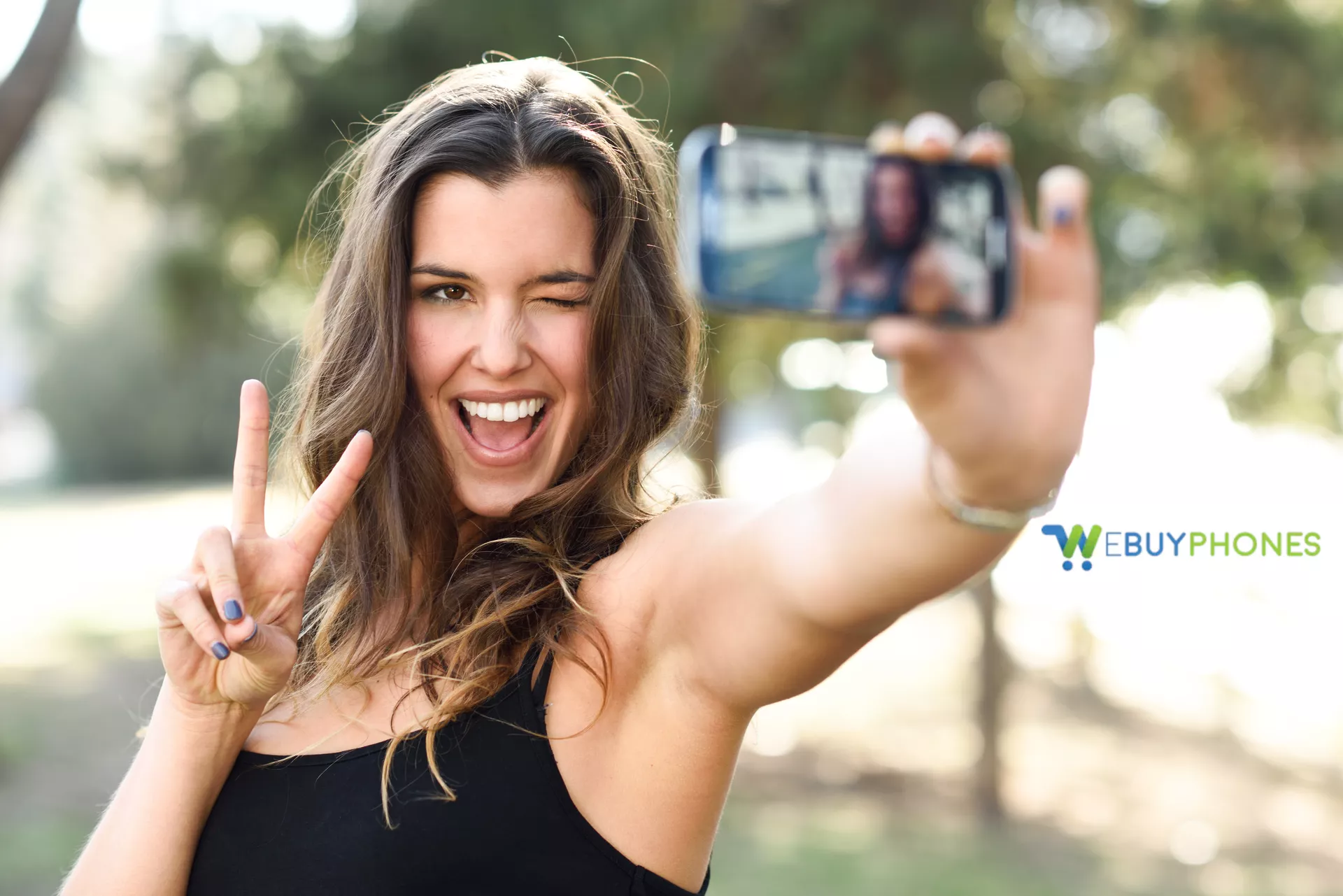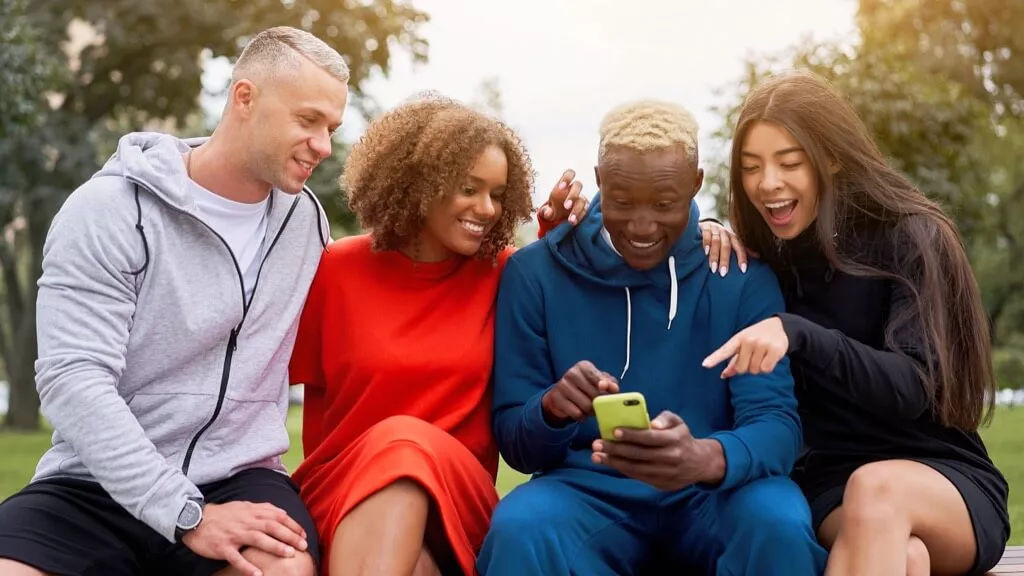In the dynamic landscape of the beauty industry, a seismic shift has occurred, epitomized by the resonant call: “Redefining Beauty: Fenty Beauty vs. Glossier – Inclusivity in the Beauty Industry.” Brands such as Glossier and Fenty Beauty have emerged as pioneers, challenging traditional beauty norms, advocating for diversity, and ushering in a new era of inclusivity. This comprehensive exploration will navigate the intricacies of how these trailblazing brands are reshaping skincare and cosmetics, while also examining the broader context of inclusive beauty.
Fenty Beauty
Fenty Beauty, under the visionary guidance of Rihanna, disrupted the beauty industry in 2017 with its 40-shade foundation range, a landmark moment under the “Beauty For All” campaign. This initiative was more than a product launch; it was a revolutionary statement challenging the underrepresentation prevalent in mainstream beauty products. The ripple effect was palpable, and within a mere month, Fenty Beauty amassed a staggering $100 million in sales.
Fenty Beauty’s commitment to inclusivity extended beyond foundations. The brand continually expanded its product line to embrace diverse skin tones, hair textures, and gender identities. Each addition to their offering was a deliberate step towards ensuring everyone felt seen and celebrated. This inclusive strategy not only resonated with consumers but also set a standard for other beauty brands to follow. Practical insights gleaned from Fenty Beauty’s success include the integration of diverse models in advertising campaigns. Rihanna’s bold move to feature models from various backgrounds challenged the industry’s conventional norms and garnered immense appreciation from consumers seeking genuine representation.
Another key takeaway is the power of speaking up against underrepresentation. Fenty Beauty’s voice extended beyond its products; it became an advocate for inclusivity. Engaging with clients and addressing underrepresentation became integral to the brand’s ethos, fostering a positive impact and deeper connections with its audience.
Glossier
While Fenty Beauty was making waves with its product inclusivity, Glossier adopted a unique approach by harnessing the power of social media to foster inclusivity. Glossier recognized the pivotal role of Instagram and Facebook in modern consumer engagement. The brand strategically utilized these platforms to connect with consumers, building a community around their products. Beyond the traditional customer-brand relationship, Glossier created a space for direct interactions, gaining valuable feedback and insights.
Glossier’s innovative approach didn’t stop at social media engagement; the brand actively involved its community in the product development process. Through voting systems, customers shaped the products they desired, fostering a sense of co-creation. This ensured customer satisfaction and contributed to the brand’s commitment to inclusivity, as ideas and preferences were sourced directly from the diverse community.
The beauty industry, traditionally laden with gender stereotypes, is undergoing a profound transformation towards inclusivity. Brands like Milk Makeup have emerged as torchbearers of gender-neutral marketing. Unisex packaging and marketing strategies appeal to a wider demographic, reflecting the evolving attitudes of consumers who seek products free from gender-based stereotypes.
Examining success stories reveals that beauty brands embracing gender-neutral advertising resonate strongly with consumers. Fenty Beauty’s advertisements feature models defying traditional gender norms, creating a visual narrative that celebrates diversity and individual expression. Glossier, known for its minimalist design and clean beauty approach, features individuals of all genders in its marketing materials, promoting uniqueness and freedom of expression.
Fluide, a gender-neutral cosmetics brand, places a premium on diversity and inclusion, showcasing models representing a wide range of gender presentations. These brands have demonstrated that inclusivity is not just a moral imperative but a strategic move that attracts a younger, more diverse audience.
Acknowledging the transformative impact of Fenty Beauty and Glossier, industry giants are broadening their product lines and marketing strategies. Anastasia Beverly Hills and MAC Cosmetics, recognized industry leaders, have expanded their product lines to accommodate a diverse array of skin tones. Anastasia Beverly Hills boasts a foundation line comprising fifty different hues, while MAC Cosmetics offers a spectrum of colors catering to a global customer base. The success of MAC Cosmetics’ VIVA GLAM campaign further underscores the power of authenticity. Since its inception in 1994, the campaign, emphasizing diversity in brand messaging and collaborations with influential figures like Lady Gaga and RuPaul, has generated over $500 million for HIV/AIDS research.
Natural Hair Care and Inclusion
Natural hair care brands, responding to the unique needs of different hair types, have also embraced inclusivity.
Carol’s Daughter and Briogeo are noteworthy examples of brands that address the specific demands of hair types that aren’t straight, coily, or wavy. These companies have carved out a niche in the market, acknowledging the diversity in hair textures and expanding product lines accordingly. Even traditionally white-owned beauty brands are diversifying their offerings. Tarte Cosmetics, for instance, expanded its shade range in response to customer feedback about the lack of variety in its foundations.
Collaborations for Impact
The power of collaboration with influential figures cannot be overstated. Partnerships between beauty brands and influential individuals amplify the commitment to diversity and inclusion. ONE/SIZE by Patrick Star, a cosmetics brand known for its collaboration with the influencer, serves as a testament to the impact of fruitful partnerships. Generating over $10 million in its first month, this collaboration demonstrated the potential when brand values align with those of influential partners.
Building trust with customers requires unwavering authenticity. Whether it’s the initial stages of collaboration, marketing, or product development, consistent messaging and a commitment to principles are crucial. This authenticity resonates with consumers, fostering long-term loyalty.
As beauty preferences evolve, the skincare industry experiences a significant surge, contrasting with a decline in traditional makeup sales. Statistics from the NPD Group highlight a remarkable trend wherein the skincare industry is thriving while cosmetics sales decline. The rise of skincare, characterized by minimalist brands like The Ordinary, indicates a shift in consumer preferences towards simplicity and transparency. The Ordinary’s success lies in its no-nonsense approach to skincare. Offering simple, transparent products, The Ordinary has resonated with consumers seeking effective solutions without unnecessary frills. Their gender-neutral packaging and advertising contribute to their widespread appeal.
Common Queries Beauty FAQS
How Inclusive is Fenty Beauty?
Fenty Beauty champions inclusivity, offering various hues and products suitable for all skin tones. Initially launching with 40 foundation tones, they’ve expanded to 50, inspiring similar inclusivity drives in other cosmetics companies.
What Drives Diversity and Inclusion in the Beauty Industry’s Evolution?
The beauty industry’s enhanced inclusivity stems from various factors. Brands like Glossier and Fenty Beauty prioritize diverse product ranges, while social media influencers advocate for representation. Consumer demand propels this change, and collaborations with influential figures from diverse backgrounds contribute significantly. Consequently, previously marginalized groups receive more visibility in popular beauty campaigns.
Can You Elaborate on the Fenty Beauty Controversy?
The Fenty Beauty controversy addressed claims that some products didn’t adequately cater to darker skin tones as promised. Despite facing criticism, Fenty remains committed to listening to customer feedback and continually enhancing its product range to ensure inclusivity.
How Has Fenty Beauty Transformed the Cosmetics Industry?
Fenty Beauty’s extensive shade range in foundations, concealers, and other complexion products reshaped industry standards for inclusivity. This success highlighted representation gaps in traditional marketing, prompting other brands to diversify their product offerings and embrace a more inclusive approach.




